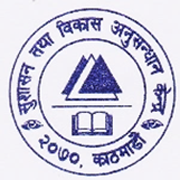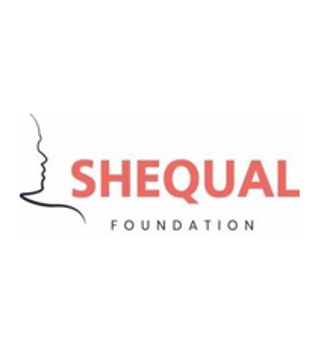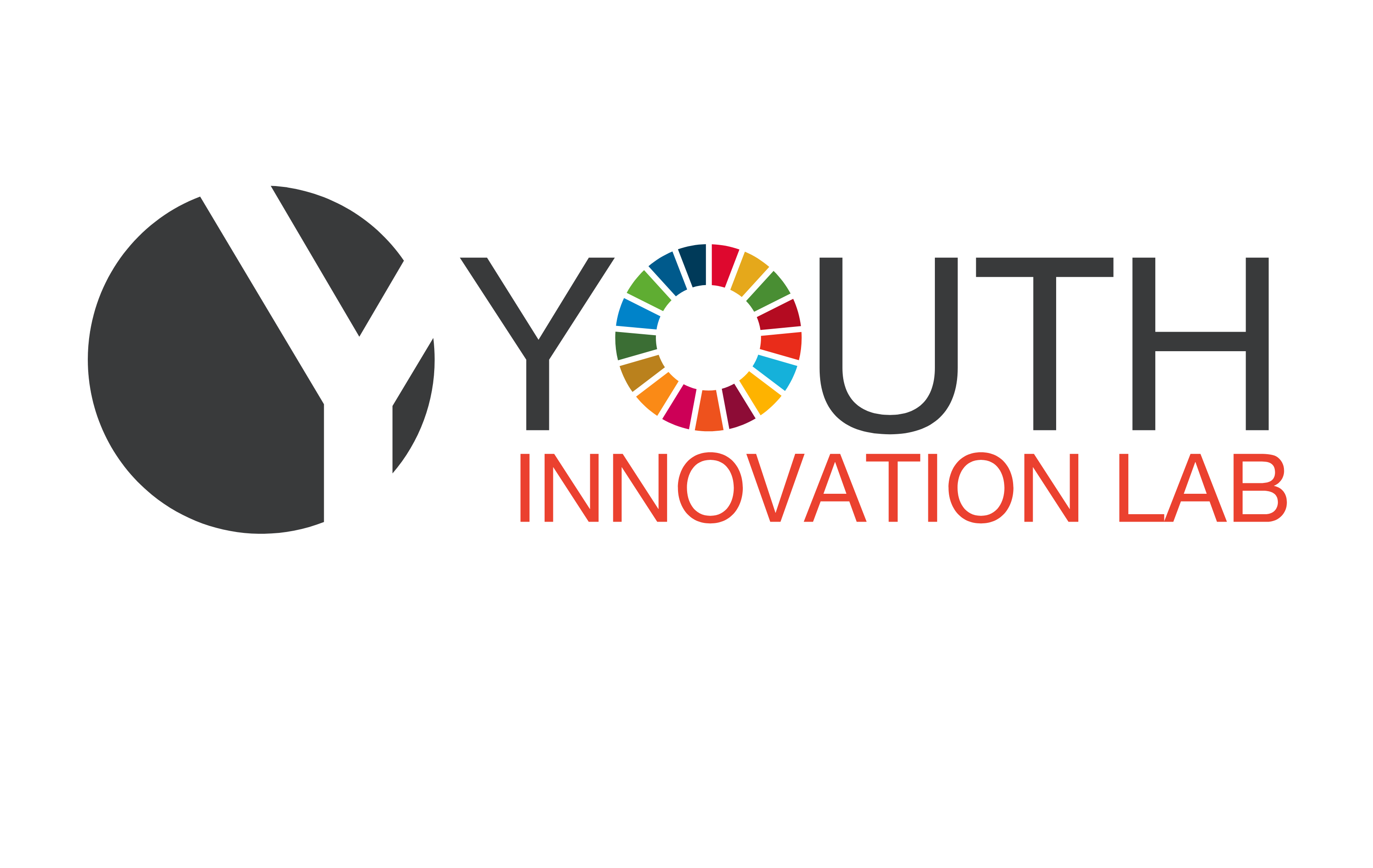The D4D Program

Nepal is facing many pressing development challenges related to poverty, accountability, transparency, economic development, gender, and social inclusion.
To address these challenges, the use of evidence – reliable, accessible data and information – to inform decision-making, monitor progress, and evaluate development outcomes is essential. Progress in the sharing and use of data for development in Nepal has been made over recent years – concepts of data ethics and rights to data have become increasingly known to champions both inside and outside government, and there is growing recognition of “open data” as an important tool for development. But, despite progress, there continue to be challenges in the effective sharing and use of data.
The D4D Program aims to improve the sharing and use of (open) data as evidence for development. It builds on Development Initiatives’ efforts since 2011 to catalyze a functional, inclusive and locally led data ecosystem as well as The Asia Foundation’s work across Asia to promote the use of data as evidence for development by policy makers, civil society and the private sector.
The D4D phase II aims to strengthen data and information ecosystems at the provincial and local spheres Implemented by The Asia Foundation in partnership with Development Initiatives with funding from UK aid, the D4D phase II program support government and non-government stakeholders who have the knowledge and capabilities to demand, produce and use data for evidence-based decision-making that addresses local development challenges. Through this the D4D phase II program works to strengthen functional, inclusive, and locally led data ecosystem in Nepal.
Further information about the D4D Program can be found in the Program Factsheet
Our Goal
The goal of D4D Phase II Program is to develop data and information ecosystems at the provincial and local spheres with local stakeholders who have the knowledge and capabilities to demand, produce and use data for evidence-based decision-making that addresses local development challenges..
Our Objectives
- Improve coordination among federal, provincial, and local government and non-government actors in data and statistics production.
- Provincial, local, and non-government actors increase use of evidence-based, participatory decision-making processes.
- Increase availability of better data and analysis at the provincial and local spheres to support evidence-based decision making.
Implementing Partners
The Asia Foundation
The Asia Foundation is a non-profit, international development organization committed to improving lives across a dynamic and developing Asia.
Informed by six decades of experience and deep local expertise, our work across the region addresses five overarching goals - strengthen governance, empower women, expand economic opportunity, increase enviro
Development Initiatives
Development Initiatives (DI) is an independent international development organisation that focuses on the role of data in driving poverty eradication and sustainable development.
DI works to ensure that decisions about the allocation of finance and resources result in an end to poverty, increase the resilience of the world’s most vulnerable people, and ensure no one is left behind. We work to make sure these decisions are underpinned by good quality, transparent data and evidence on poverty and resources, and lead to increased accountability and sustainable long-term outcomes.
Donor Agency

UK International Development
UK Aid, funded by the Foreign, Commonwealth & Development Office (FCDO) of the United Kingdom, is a fund designed to support the UK’s commitment to reducing poverty and achieving the Global Goals.
UK Aid’s Nepal office funds the Data for Development in Nepal Program under their Evidence for Development program. This program aims to strengthen the culture of evidence use in Nepal, in particular, to improve evidence-based policy and decision making, to ensure that poor people will be targeted more effectively with public funds and support.









